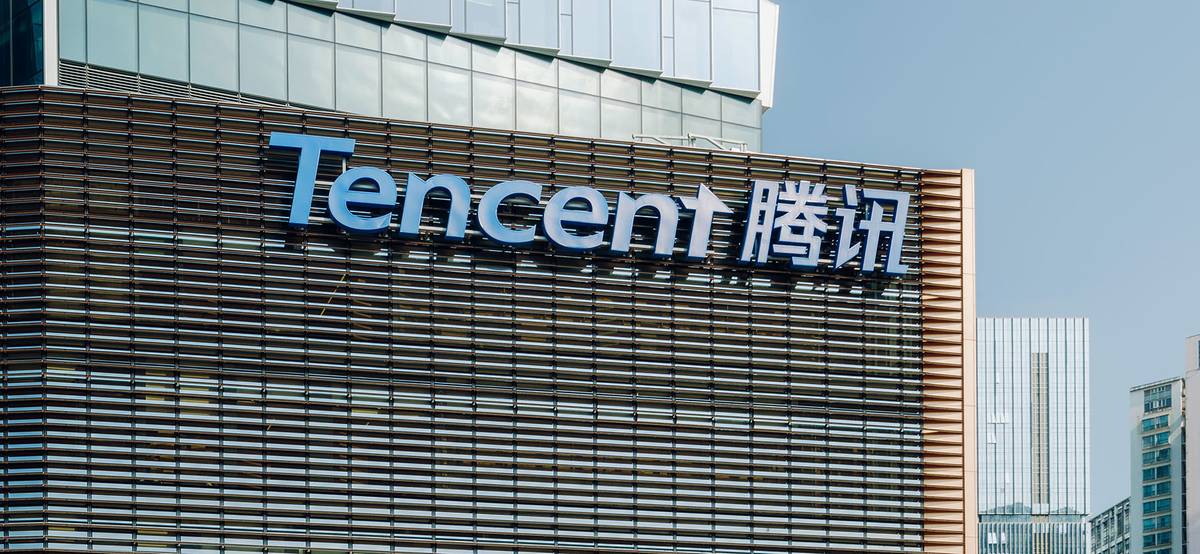
China's Antimonopoly Service forced investment holding Tencent (HKG: 0700) renounce the licensing rights to music and issued a fine.
What's the matter?
IN 2016 Tencent bought China Music. After the transaction, the company received over eighty percent of the exclusive rights in the music market.. According to the regulator, Tencent has an edge and can deal with rights holders on more profitable terms. The rest of the streaming services cannot compete with Tencent on an equal footing..
5 years after the takeover, the regulator decided to fine the company. The fine is 500,000 yuan, or 77 one thousand dollars. Tencent also owes 30 days to relinquish licensing rights and finish concluding contracts with copyright holders on non-market criteria.
Now Tencent and its subsidiaries, также Tencent Music Entertainment (NYSE: TME), for 3 years will provide reports to the antimonopoly service. Tencent reported, that they will comply with all regulatory requirements, perform social duties and work in a healthy market competition.
Prior to this, the anti-monopoly service prohibited the company from sucking in Huya (NYSE: HUYA) и DouYu (Nasdaq: DOYU) popular video game streaming sites in China.
Tencent is a Chinese investment and venture company with a market capitalization of $656 billion.. Tencent subsidiaries are various web services: social networks, music venues, payment systems, online games and other. The company is known as the developer of WeChat - the most popular Chinese messenger.
General trend
For large Tencent, a fine of 77 thousand dollars is not a big problem. More important is, that recently the Chinese government, for various reasons, has been frankly fighting the growing influence of Internet giants. Everyone helps: Market Regulation Administration, Cyberspace administration and even the Ministry of Education.
Last year, the antimonopoly service fined another company, online retailer Alibaba (NYSE: BABA), on 2,8 billion dollars. In July, immediately after the IPO, The cyberspace administration launched an investigation into the DiDi taxi service (NYSE: DIDI) and two more startups. Later it became known: the authorities decided to seriously punish DiDi.
And last week there was information about, that the regulator wants to limit the work of companies from the education sector and make the sector non-profit. Friday, 23 July, based on this news, TAL Education shares (NYSE: TAL) fell on 71%, to 6 $. The very next day, the country's government officially confirmed its intentions. On Monday, 26 July, TAL papers fell another 30%. According to data on 11:20 in Moscow, TAL shares are traded at 4,2 $ on the premarket of the New York Stock Exchange.